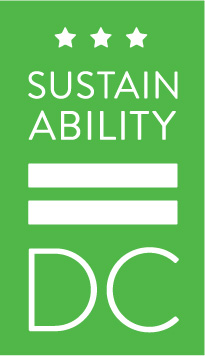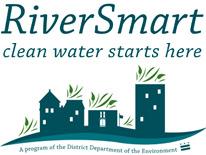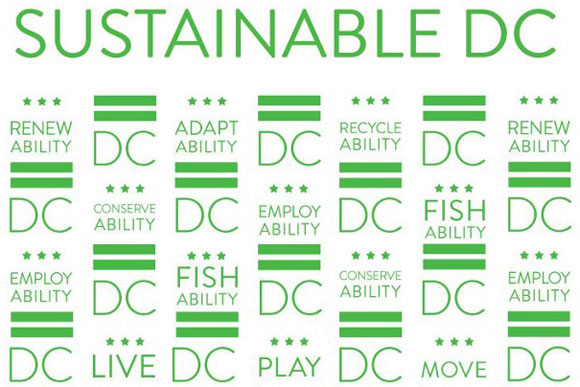Communities
are developing resourceful methods for improving the health and quality of
life of their constituents through the promotion of green energy and
environmentally sustainable practices. Having spent the past semester in
Washington, DC I become familiar with the programs that this city utilizes to
encourage a healthy environment and support system for the members of this
community. One program in particular that was especially successful in
promoting a sustainable environment and decreasing economic disparity was Sustainable DC.
As a non-profit in its second year of operation, Sustainable DC
is largely focused on increasing the awareness of its company and the goals of
its organization. Under the progress sector of its website, Sustainable DC
acknowledges it awareness spreading accomplishments of having spoken about
sustainability with "8,650 people at 166 community events" (http://www.sustainabledc.org/). In
order to increase the awareness of the non-profit and its mission Sustainable DC
is currently holding a photo contest asking community members to post images of
the impact of climate change and possible solutions in order to win prizes.
This is a useful marketing tool for a non-profit in its introductory
phase.
In order to promote environmentally sustainable practices
Sustainable DC spreads awareness of programs they offer for homeowners and
organizations such as universities and school systems to increase their
sustainable practices. This includes RiverSmart a program within Sustainable DC
that supports environmentally sustainable practices and utilities to decrease
run-off into DC's rivers. The program promotes the installation of green roofs,
rain barrels and sustainable landscaping that decreases run-off. This program
also involves the planting of trees, since its establishment two years ago,
11,590 trees have been planted.
In order to provide a reward system for community members who
participate in the RiverSmart program, Sustainable DC provides a rebate
program.The RiverSmart Rebates that are provided for home owners are listed on
their website as follow:
"Trees: rebates up to $100 to individuals who purchase and plant trees on
private residential or commercial
property
Landscaping
(rain gardens, impervious surface removal, and permeable pavement): rebates up to $1.25 per square foot of impervious surface treated with
landscaping features, with a maximum rebate of $1,200" (http://sustainable.dc.gov/service/get-riversmart)
As marketers of unsought goods,
Sustainable DC utilizes a marketing mix that is based on consumer outreach.
Sustainable DC's marketing strategy involves door-to-door selling through
meetings with residents, students and teachers in local area. The goods that
Sustainable DC markets to consumers are discontinuous innovation products and
as a result are high level learning products.
The video below provides an
example of the high-level learning that is involved in educating community
members on the environmental impact of storm water run-off. The video also
provides solutions for addressing this large issue in the District of Columbia.
Rock Creek: Storm Water Management
For Sustainable DC, living in a
healthy, supportive and sustainable city means emphasizing the importance of
renewability and adaptability. Environmental advocacy stresses the importance
of renewable resources that are self sustaining and do not require the
exploitation of our finite environmental resources. Adaptability is also a
requirement for sustainability, because it is through adaptability that our
most vulnerable populations are able to have the security through their
hardships.
Sustainable DC not only strives
for a city that promotes environmental best practices, but also a city that
values its members and promotes human agency. Addressing the vast array of
social issues that exist in the world today will require innovative and sustainable
solutions. Sustainable DC is a reputable example of a community based solution
with far reaching and sustainable impacts.



No comments:
Post a Comment